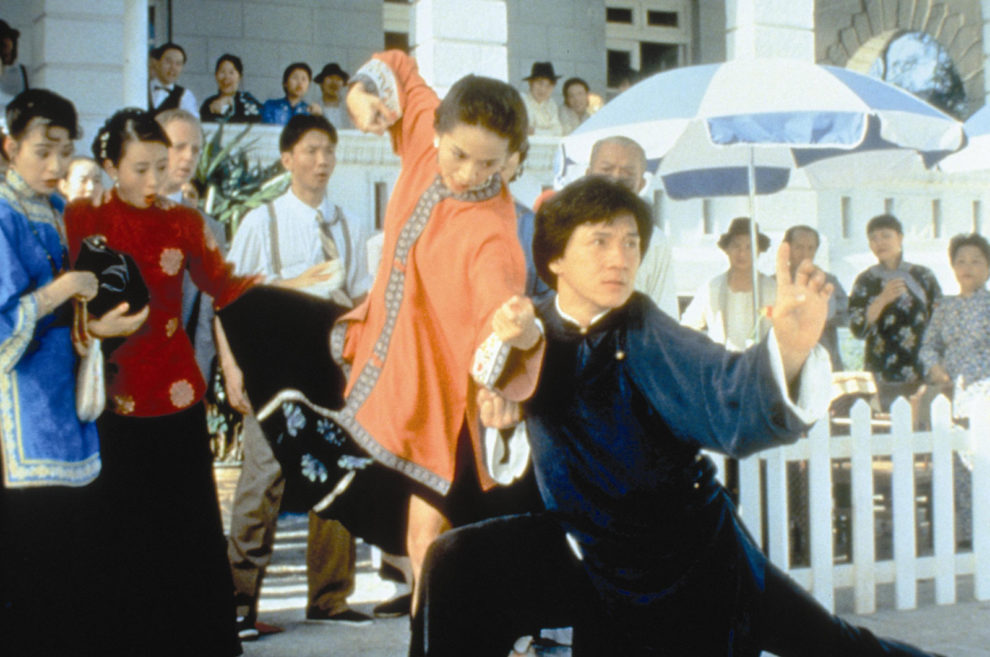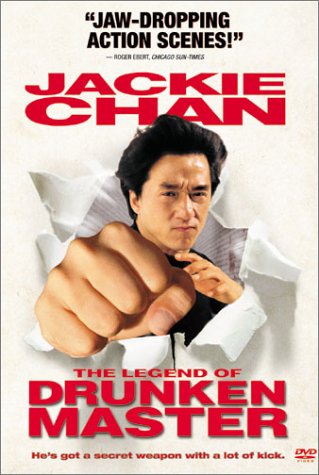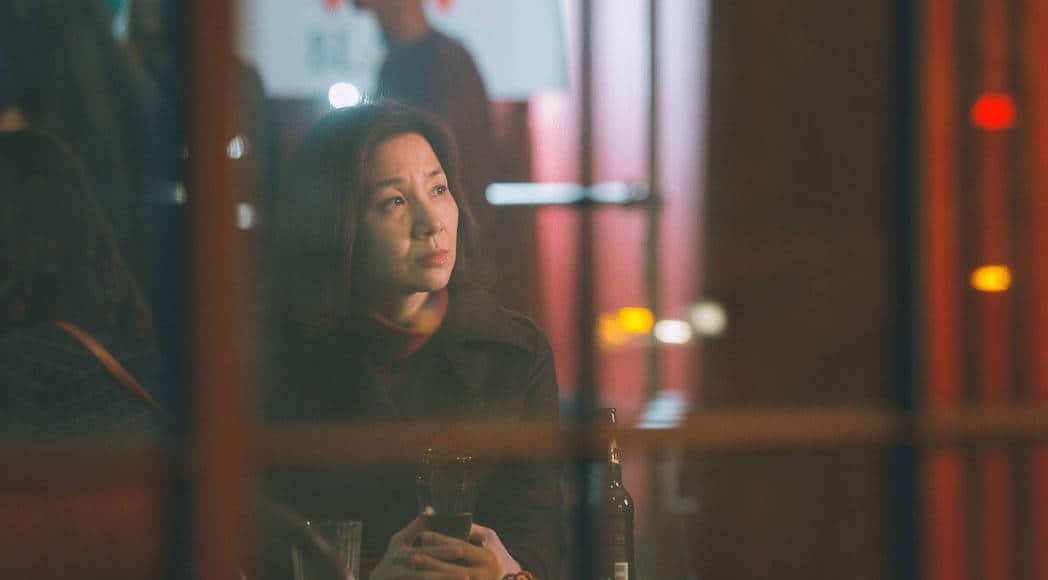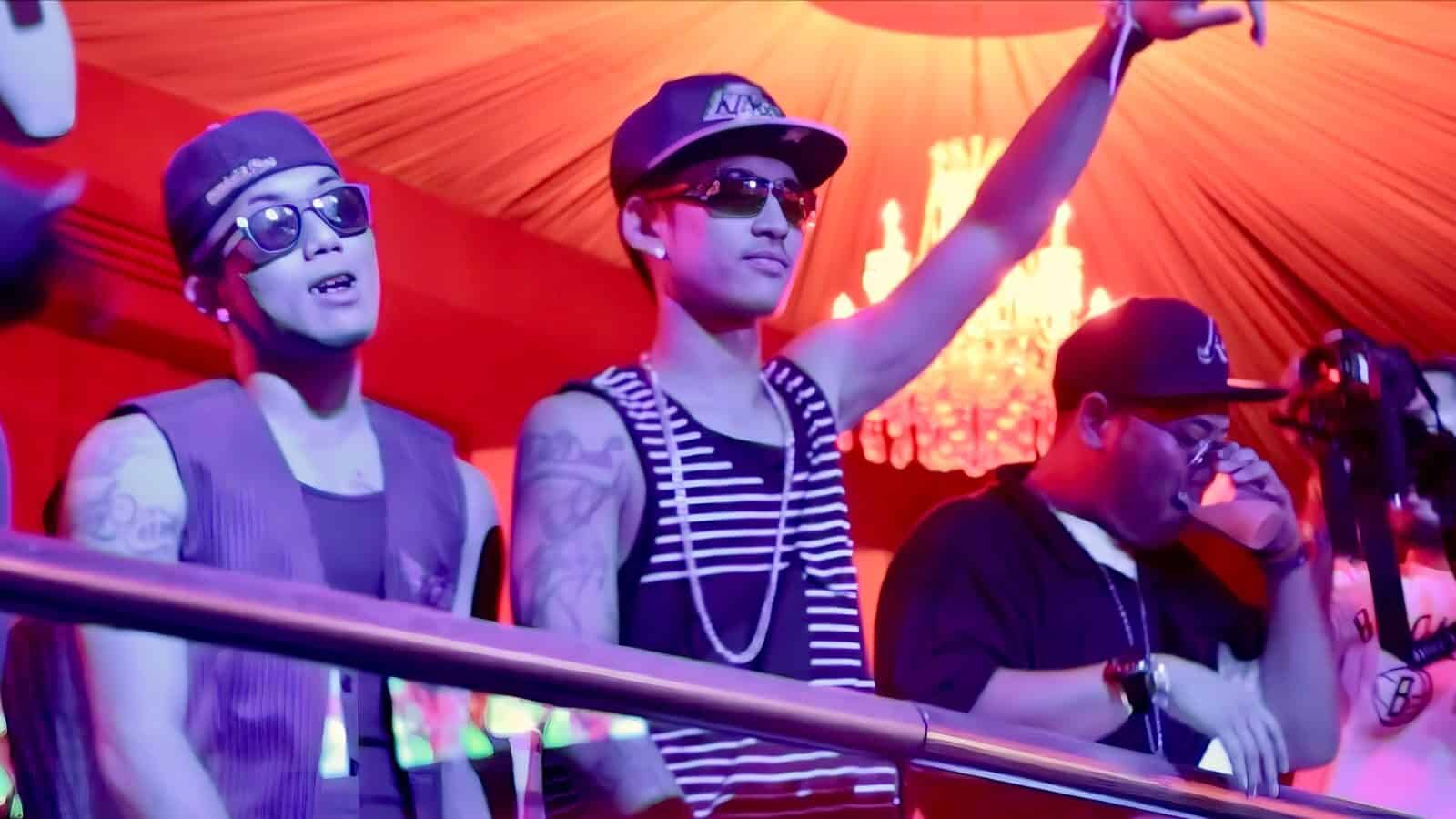The second “Drunken Master” may share a title, a protagonist in Jackie Chan, a main character in Wong Fei-hung, and the concept of Drunken Boxing, but in reality, is a completely different animal than the original, on a number of levels, with Lau Kar-leung aiming intensely in a number of sociopolitical comments, in contrast to Yuen Woo-ping's work, which focused mostly on entertainment. This approach has led the former to be named one of the top 100 best films of all time by Time magazine in 2005, while the British Film Institute (BFI) selected it as one among the ten best action movies of all time.
Buy This Title
on Amazon
The story is set in early 20th century China, when Wong Fei-hung, along with his father Wong Kei-ying and servant Tso, return to Canton after a trip to the Northeast. The troubles start from the train already, as Fei-hung ends up fighting Fu Wen-chi (played by the director here actually) under a wagon, in one of the most impressive scenes in the movie. The battle, however, results in a mixup of the boxes the two were carrying, with Fei-hung ending up with the Imperial Seal and Wen-chi with the ginseng that Kei-ying has bought for a client. The mixups continue, with Fei-hung's mother Ling complicating things even more, and in the typical, nonsensical fashion of the HK martial arts movies, the protagonist ends up fighting a number of smugglers who are cooperating with the British Consul, using Drunken Boxing. However, when his father finds out, he is infuriated and kicks him out of his house, in a series of events that end up with Fei-hung beaten and publicly disgraced. His father eventually takes him in again, but as the smugglers end up fighting the workers of a steel factory who demand better wages (wait, what?), the hero cannot but face them in a rather impressive showdown.
“Drunken Master 2” is considered by many one of Jackie Chan's best movies, and this time, it seems that “the many” are right, for a number of reasons. For starters, the presence of Ti Lung in the role of Wong Kei-ying and Anita Mui in the role of Ling, and particularly their antithetical behaviors, as he is always strict and serious and she always up to something and quite funny in general, add much entertainment to the movie, along with some extra star quality. This aspect allows Jackie Chan to thrive in different ways than usual, since here is one of his few protagonist roles where he is not a completely good guy, as his behavior can be frequently described as that of a violent alcoholic. Furthermore, the fact that both his mother and father do not seem particularly older than him adds an almost surrealistic comedic element, particularly in the times when Fei-hung calls a woman who seems about his age, ‘mother'.
At the same time the critique on the ways of the British Empire is quite evident here, starting with the connection of the Consulate with organized crime (the notorious Axe Gang) continuing with the fact that they want to smuggle stolen Chinese artifacts outside of Canton, and finishing with the way they abuse the workers of the steel factory. This aspect also allows Wong Fei-hung to be a hero rather than a faulty young man, and also adds much depth to the narrative.
At the same time, however, the movie is definitely a martial arts one, and the action scenes here are truly magnificent. The ones where the workers are fighting the Axe gang is the most visually impressive, with DPs Tony Cheung, Cheung Yi-Tsou, Huang Wen-Yun and Jingle Ma taking full advantage of the factory setting to present a truly brutal fight, as the building seems to get demolished along with the workers. The various fights Fei-hung takes place in are also quite good, but the one that definitely steals the show is the final one, between Jackie Chan and his real-life bodyguard Ken Lo, who exhibits some of the finest kicking moves ever to appear in an action film. Chan does his thing, even falling on burning coal for a truly horrific scene, and the whole thing is enough to justify the whole movie, even if the wires used are somewhat excessive. The action choreography by Lau Kar-leung and the Jackie Chan Stunt Team netted awards from both Hong Kong and Golden Horse Awards, which were utterly deserved. Peter Cheung, who also got an award for his editing, helps the most in these scenes with his cuts, while the use of slow motion in the most intricate moves, highlights the level of difficulty here. The pace is somewhat slower than the usual, frantic one of HK action, but picks up significantly after the middle part.
“Drunken Master 2” is a truly great film, one of the best in Jackie Chan's humongous filmography, and a movie that truly transcends the genre due to its context, without neglecting, of course, the action part.

















